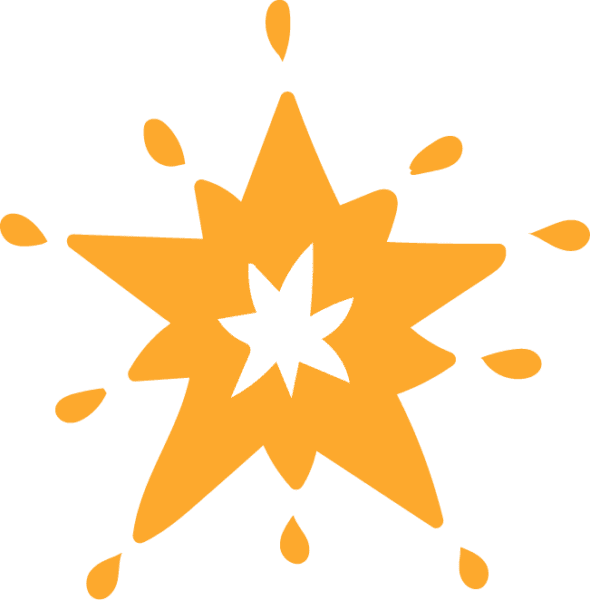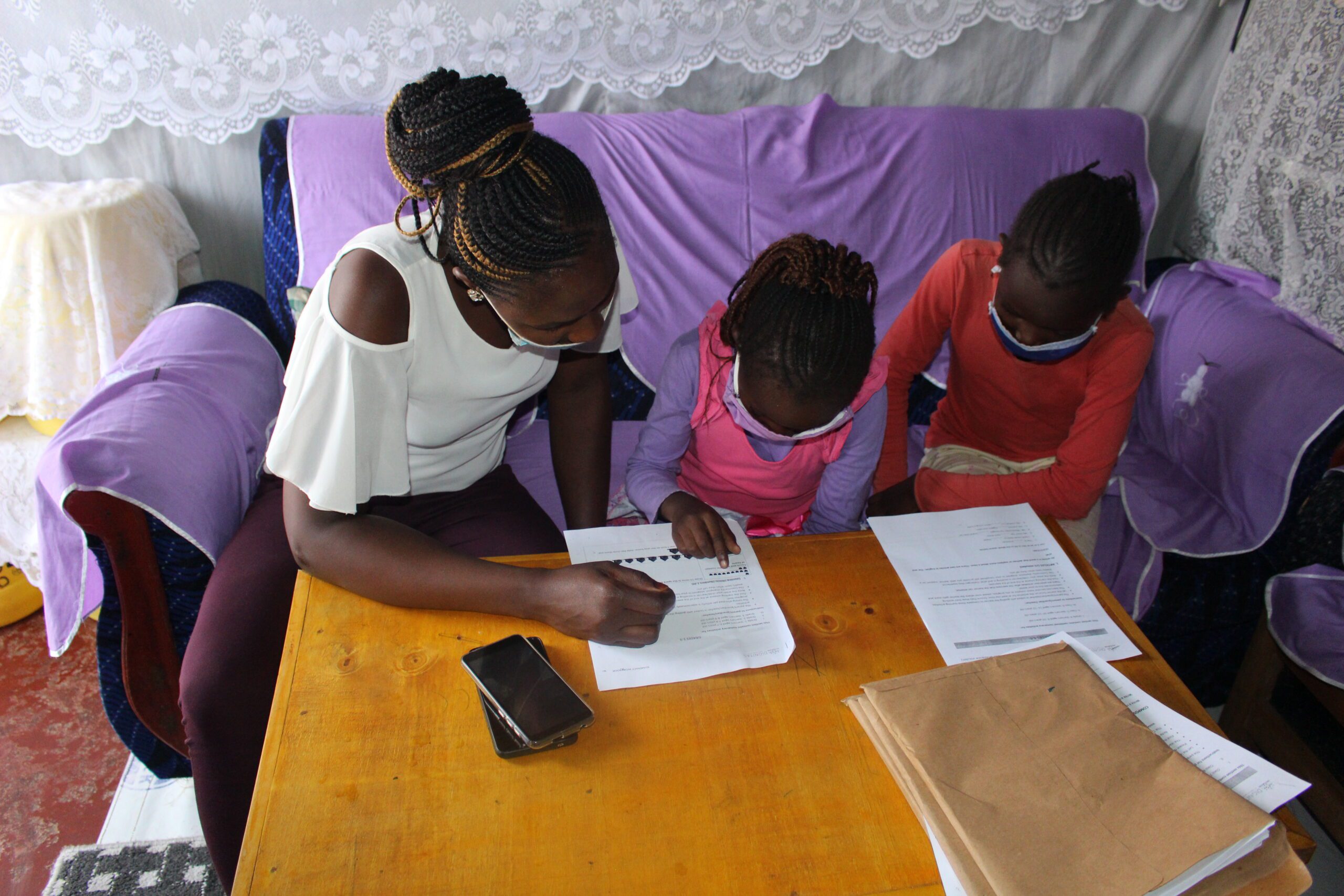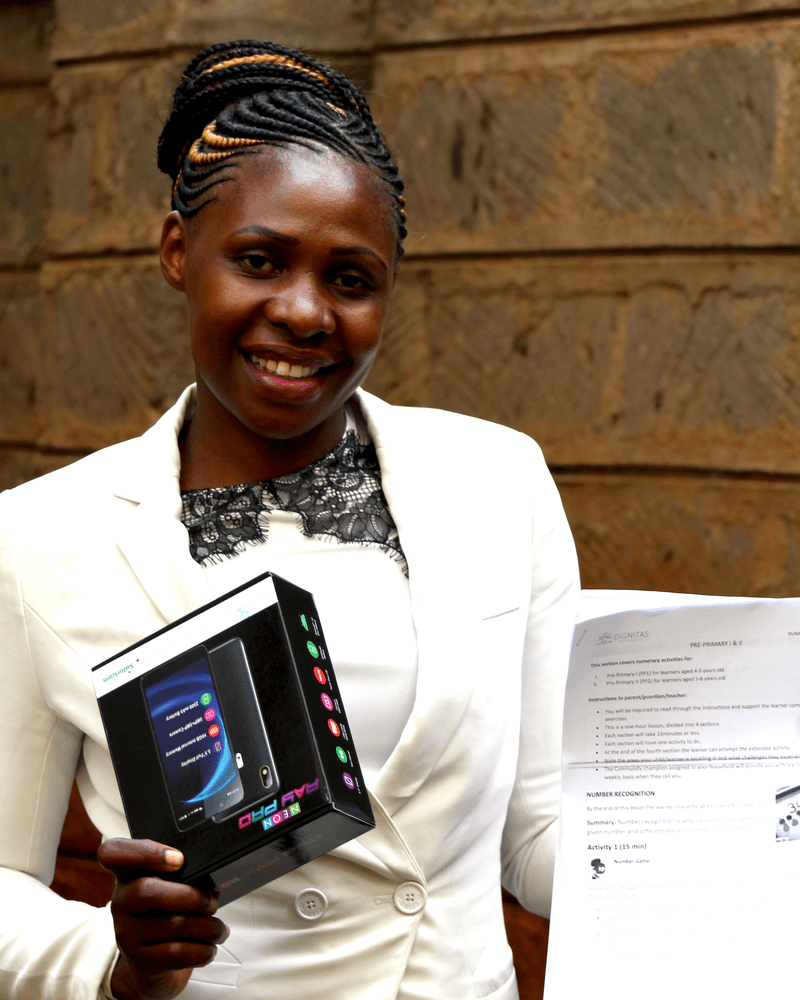Kenya 

Kenya 

“I love teaching, it brings me so much joy,” shares Lilian Oyunga, a teacher at Dr. Stanko Academy who loves working with children and seeing them grow. Dr. Stanko Academy is one of the many low-cost private schools, known as Alternative Providers of Basic Education (APBET) schools across Nairobi’s informal settlements, which provide education to approximately 60% of the school-going children in the city.
Despite the crucial role they play in educating children from these communities, APBET schools have to contend with a host of persistent challenges, including sporadic and insufficient funding, work overload and limited training available to the workforce. In fact, a recent study showed that only 5% of teachers in informal settlements (most of which are staffed in APBET schools) had received any training.
Dignitas, an organization that provides teacher training and coaching support in informal settlements in Kenya and South Sudan, is working to change this. In 2019, Kenya’s Ministry of Education adopted the competency-based curriculum (CBC), an innovative education system designed to equip learners with the skills, knowledge and values that can enable them to compete in the 21st century. Dignitas works with school leaders and teachers like Lililian Oyunga to help support an equitable and effective roll out of CBC. Dignitas has two flagship programs: Ustadi’ School for Instructional Leadership and Stawisha’ Instructional Leadership Institute, both of which have provided professional development and coaching for more than 3,000 teachers and educators. Dignitas’ work is deeply embedded in the communities they serve. In fact, over 95% of the 340 schools they currently support are located in informal settlements.
The need is greater than ever. Every child deserves an excellent education, and the quality of teaching and learning should never be a barrier to success for those who make it to school.
Deborah Kimathi, Executive Director, Dignitas
Dignitas’ remarkable ability to pivot and find innovative ways to support teachers from under-resourced communities in an unprecedented environment is one of the key reasons why we invested in Dignitas. Over and above, Dignitas has shown an incredible willingness and ability to ensure equitable learning for all students beyond the pandemic and in close collaboration with other system actors. While the school closures mandated by the Kenyan government inhibited the delivery of their in-person teacher training programs, the team quickly innovated their offering to support learners and their families in the following ways:

We know that learning doesn’t exist in a vacuum and is contingent upon the existence of basic conditions for learners, teachers and families. COVID-19 only further exacerbated these conditions. In recognition of this, Dignitas rolled out various programs to address their basic needs, including a nutrition program for learners, distribution of sanitary pads for girls and a relief fund for teachers. Through the feeding program, Dignitas reached more than 300 vulnerable households with food packages and essential learning supplies.
For many teachers, especially those catering to low-resourced communities, acquiring skills to engage learners during lockdown was a difficult and complex —if not altogether— an impossible endeavor. To address this, Dignitas leveraged technology to offer a host of solutions to keep teachers engaged and informed. This took place through various forms, such as WhatsApp groups, bulk SMS, Zoom calls and ChatBots on Facebook Messenger. These solutions not only allowed teachers to stay attuned to changes in how their students learn during the pandemic, but has also become a community for them to learn from one another and with each other.
As a learning organization, Dignitas deliberately uses evidence and feedback tools to measure impact and inform the design of their programs. One such tool is the Teacher Assessment Rubric, a comprehensive assessment framework to track the progress of individual teachers and provide them with tailored feedback. The rubric, coupled with Dignitas’ high-touch model, provides teachers with an opportunity to grow in areas such as instructional management, classroom preparation and leadership skills. This feedback-driven approach contributes to its evidence-base as well. Last year, Dignitas showed an increase of 20% in competency gains for both learners and teachers.
As schools reopen, new challenges will present themselves in and out of classrooms. Dignitas has proactively rallied their teams to launch the School Reopening and Recovery, a program supporting school leaders with the necessary knowledge for effective school reopening, covering issues such as: health compliance, accelerated learning and parental engagement. In tandem, they have launched Project Kanya to support inclusive learning for all as schools reopen, specifically addressing the greater systematic risks faced by young girls as they go back to school.
Over and above, Dignitas has shown an incredible willingness and ability to ensure equitable learning for all students beyond the pandemic and in close collaboration with other system actors.
In addition to working directly with educators, learners and their families, part of Dignitas’ success is due to the strategic partnerships with community, civil society and government stakeholders and organizations that the team has established and nurtured. Some of these partnerships, such as Kenya Education Management Institute and Kenya Institute of Curriculum Development, allow Dignitas to connect their community-rooted knowledge of pedagogy to larger government initiatives. Another important partnership is with the Regional Education Learning Initiative, enabling Dignitas to contribute to the intellectual capital and system health of the broader community.
The work has just begun. In addition to leading their existing programs, Dignitas is designing, piloting, testing and developing a host of solutions to address challenges faced by teachers. One initiative we are deeply excited about is their Coaching at Scale program, an innovative coaching model that elevates teachers to be instructional coaches to one another. The team is currently co-designing the program in collaboration with local schools and organizations, and will pilot the program in 35 schools across Nairobi early next year.
At present, not every teacher is able to access and receive what they need to know to support our children’s development meaningfully and productively. Faced with today’s unprecedented geopolitical and economic pressures, we need to put teachers closer to the center of learning, and prioritize teacher support as the thread that binds each stage of our learners’ development. This shift is unlocked by organizations like Dignitas, demonstrating the possibility of strengthening the workforce with an equity lens for all — so that our children can grow and thrive, regardless of where they come from.
“The need is greater than ever. Every child deserves an excellent education, and the quality of teaching and learning should never be a barrier to success for those who make it to school,” shares Deborah Kimathi, executive director of Dignitas.